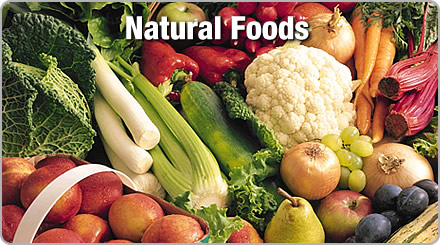Part of the shift is a movement toward foods that are real, rather than altered. As a fan of natural foods and clean eating, I’m all for it. But “natural” doesn’t inherently mean healthy. Here are three key points to consider when evaluating natural products, and some pitfalls to avoid.
You may be surprised to learn that the Food and Drug Administration (FDA) hasn’t developed a legal definition for the term natural. They allow its use if a product doesn’t contain added color, artificial flavors, or synthetic substances, but there is definitely a lot of gray area regarding the interpretation of natural. For example, carrageenan is an ingredient that can be derived from seaweed, but I bet you’ve never seen it sold at your local farmer’s market or supermarket.
More


No comments:
Post a Comment